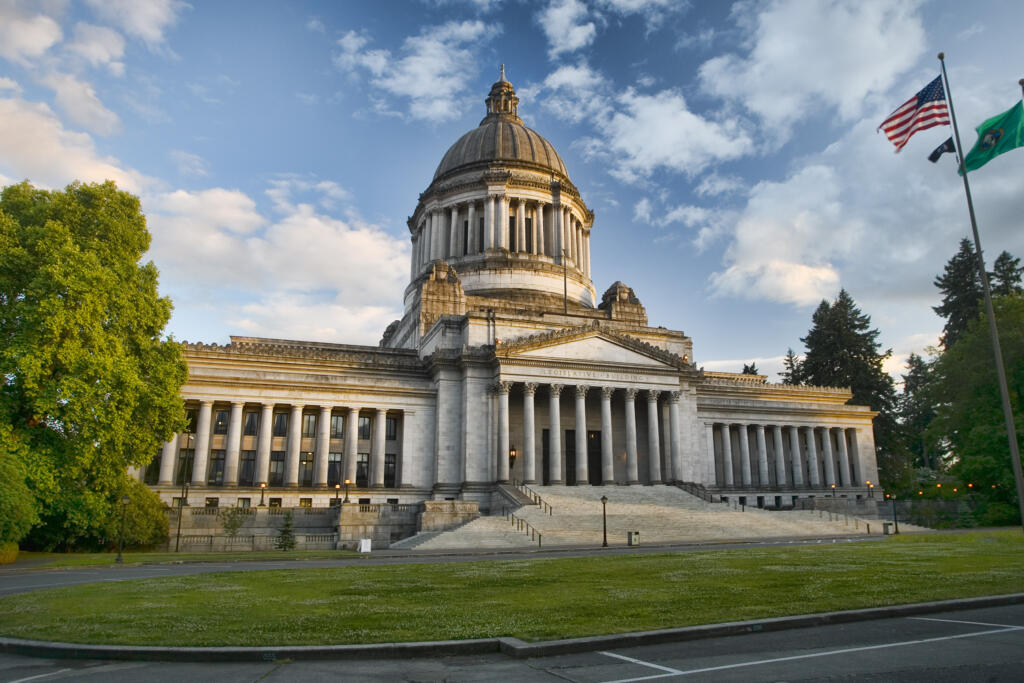In a statement released Monday, state Sen. Lynda Wilson, R-Vancouver and Republican budget leader, says the decline in the state’s revenue forecast should serve as a reality check for legislative budget writers about to unveil spending proposals for 2023-25.
“No one who has been paying attention should be surprised by this downturn. Economic activity in our state showed signs of slowing last fall, and as our chief economist reported today, the same interest-rate increases that are causing trouble in the banking industry are depressing construction activity and homebuying and other major consumer purchases. That’s on top of the continuing crisis of affordability in our state, which has people paying high costs for gas, heat, food and housing.
“On the plus side, state government is still in a sound budget position. Between our robust rainy-day fund and other money in reserve, there is more than enough to cover all of state government’s required expenses. The surplus should still be around $4.5 billion even after factoring in the higher costs of maintaining state services and programs for the next two years. There is zero justification for new taxes of any kind, and I am heartened by that, especially since other tax increases approved in past years are still looming.
“All that said, it would be a very good idea to take a more cautious approach to spending in the upcoming operating budget. State agencies have grown used to big spending from the majority Democrats in the past half-dozen years. That rate of growth simply can’t continue if we are to remain in a sound budget position and be prepared for an extended economic downturn. Let’s keep expenditures under control now rather than set the stage for a future shortfall that would either threaten services or fall on taxpayers.
“Now that the latest revenue numbers are in hand we will see operating-budget proposals emerge from both chambers in the coming days. They need to put average Washington families first, not government.”



